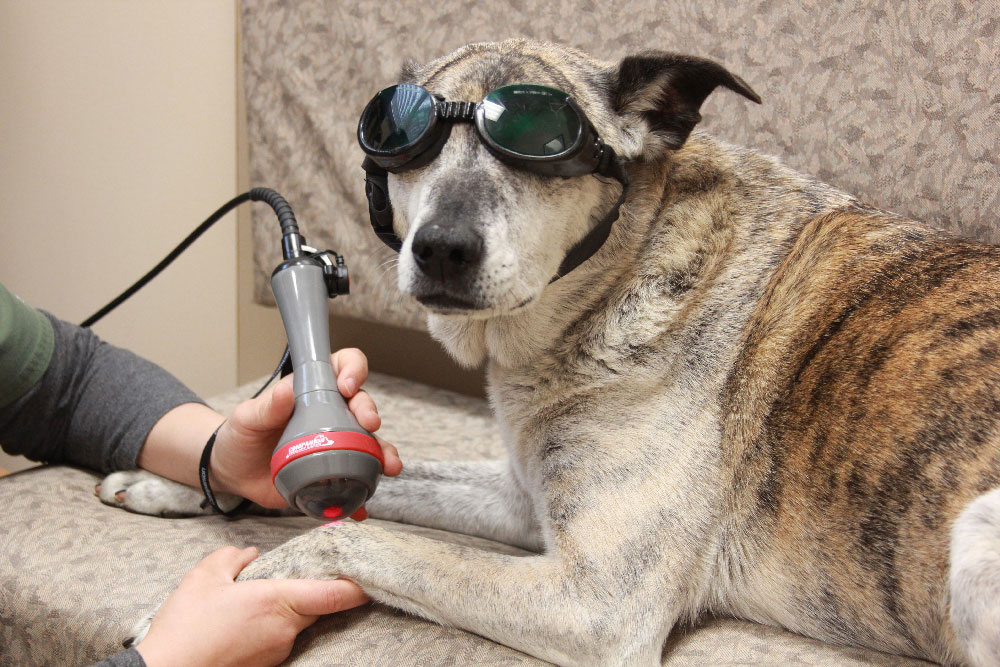Veterinary medicine - it's expensive, both financially and emotionally. While very few of us are prepared for a veterinary emergency, owning pets comes with the risk of facing a difficult decision regarding the cost of emergent care. Consider it the cost of caring, and we'll explore the why behind why the price tag.
Medications
Veterinary hospitals use the same or similar medications as human hospitals, without the benefit of insurance copays. Unfortunately, veterinary hospitals do not have the ability to determine the price charged by the manufacturer of medications. Add in the costs associated with packaging and shipping, especially with the uncertainty of fuel prices, plus storage and trained technicians to handle and administer, and you've got life-saving drugs at a price that is barely sustainable for the clinic. If costs become too high, your veterinarian cannot order, store, or administer these prescriptions, and your pet will not be able to receive the care they need.
Facilities and Equipment
Nothing in this world is free, so they say, and it rings true in all facets of business. Phones, electricity, equipment, staff - they all cost money. Unfortunately, unlike human hospitals, no state or federal funding helps veterinary clinics cover the cost of medical care. A diagnostic quality digital x-ray machine costs, on average, greater then $100,000 - and that does not take into account the cost of storage of extremely large and detailed images, the trained technicians to use the machines, upkeep and maintenance, and the electricity to run them. Blood work machines, surgery equipment, and, as the world becomes increasingly digital, even more computers at work all come with a price tag. As in any business, the cost of replacing equipment must be added into the cost of its daily use. Think of all the services your clinic offers, and consider the "hidden costs" of simply opening the doors every day.
Staff
This is a tough subject in veterinary medicine. The staff at any facility is comprised of highly trained experts, all with the fervent desire to help you and your pet. I've not met a veterinary technician who does not truly love animals and who doesn't desire the best outcome for you and your pet. However, low wages, burnout, poor-to-absent benefits - how long would you be willing to work in a position that doesn't meet your cost of living? All of these lead to desperate shortages across the board in clinics all over the world. Build into every service is the cost to attract, hire, train, and pay these amazing people who dedicate their lives to helping your pets.
Emergency Care
Emergency care goes above and beyond your routine visits. Specialized equipment, extra intensive care, surgery, facilities, and staff all must be prepared for emergent care. Just as your regular doctor is not equipped for emergencies, many regular veterinary clinics are not set up for emergent cases. If you were in a car accident, I hope you would go to the emergency room instead of your regular doctor's office. The same is true for our pets - different places for different cases, and while your regular veterinarian can help you make a decision, trust that they will always recommend what they feel is the best option for your pet. If they say they cannot meet your current need, whether due to staffing, facilities, or time, they are being honest with you because they believe you will get appropriate care elsewhere.
Veterinary care is expensive. It is the cost of caring, and the cost of doing the absolute best we can for every single pet. With understanding and communication, we can make excellent quality care decisions for our furry family members. While no one is prepared for several thousand dollars worth of veterinary medical expenses, at least understanding what goes into the price tag can take some of the sticker shock from your mind. Be patient, be grateful, be kind, my friends. We're all in this together.
BUSINESS HOURS
Monday - Friday: 8:00 - 5:00PM
Address: 2809 South Spring Ave Sioux Falls, SD 57105



